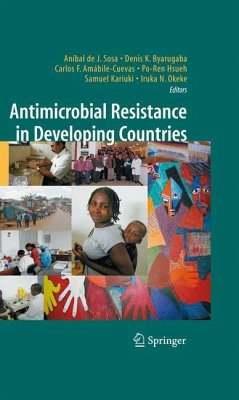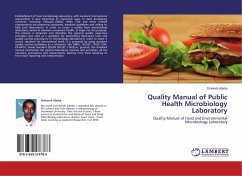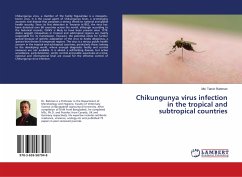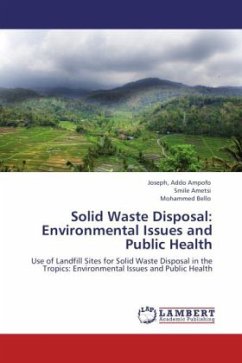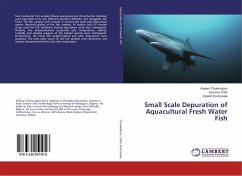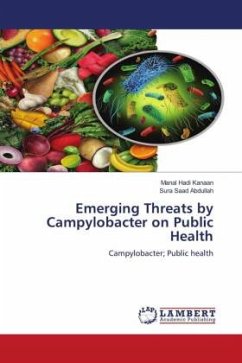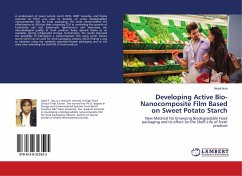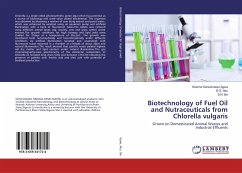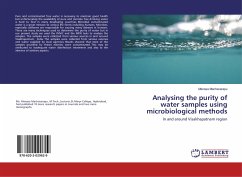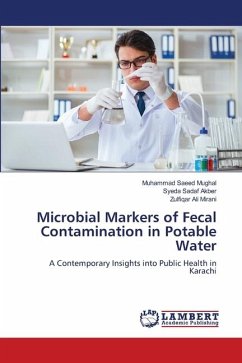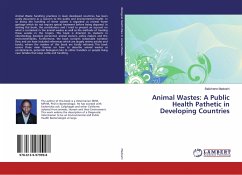
Animal Wastes: A Public Health Pathetic in Developing Countries
Versandkostenfrei!
Versandfertig in 6-10 Tagen
36,99 €
inkl. MwSt.

PAYBACK Punkte
18 °P sammeln!
Animal Waste handling practices in least developed countries has been rarely document as a concern to the public and environmental health. In so doing the handling of these wastes is regarded as normal home garbage which do not require special treatment before being disposed. In writing this book, the contributors and I tried to present an account on what is contained in the animal wastes as well as the methods of treating these wastes in the tropics. The book is directed to students in microbiology, livestock personnel, animal owners, policy makers and the environmentalists. Furthermore, the ...
Animal Waste handling practices in least developed countries has been rarely document as a concern to the public and environmental health. In so doing the handling of these wastes is regarded as normal home garbage which do not require special treatment before being disposed. In writing this book, the contributors and I tried to present an account on what is contained in the animal wastes as well as the methods of treating these wastes in the tropics. The book is directed to students in microbiology, livestock personnel, animal owners, policy makers and the environmentalists. Furthermore, the book contains reasonable narrative flow and we have included references which are largely review articles and books, where the readers of this book are kindly refereed. This book covers three main themes on how to describe animal wastes as contaminants, potential biological risks to either handlers or people living near families that keep cattle and handling.



